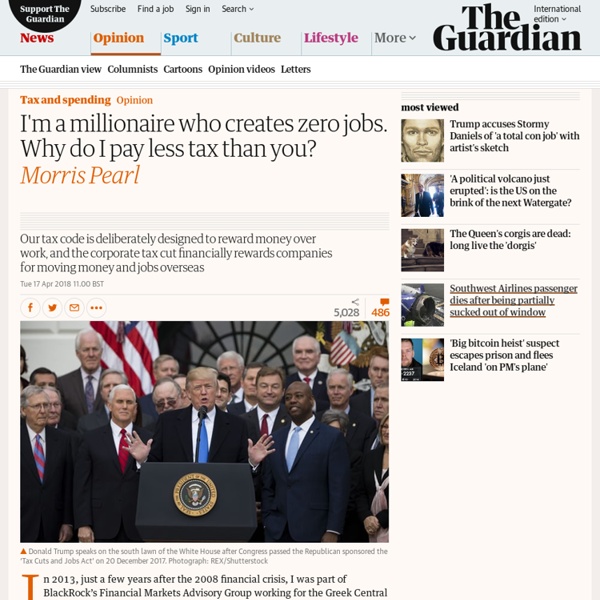How the black middle class was attacked by Woodrow Wilson’s administration
When Woodrow Wilson arrived in the nation’s capital in March 1913, he brought with him an administration loaded with white supremacists. Wilson’s lieutenants segregated offices, harassed black workers and removed black politicians from political appointments held by black men for more than a generation. Racism had always been a part of life in Washington and its government buildings, but the U.S. civil service had never been formally segregated prior to Wilson’s inauguration. More than a century later, Wilson’s racist legacy was called out by protesting students at Princeton University. In response, in November 2015 the university agreed to examine the past of the former university president whose name graces both a residential college and a graduate school. Even though the students’ protests have made Woodrow Wilson a hot topic today, the issues raised by Wilson’s legacy are much bigger than the man himself.
My friend Denis Mukwege is a beacon for all men to follow
Today’s announcement of the Nobel peace prize for Denis Mukwege, with co-winner Nadia Murad, is a deeply deserved recognition for an extraordinary man who has risked everything to heal, cherish and honour women. It is a call to men across the planet to do the same. There are many reasons why the world needs to know the story of my friend Mukwege, who founded the Panzi hospital and co-founded the City of Joy in the Democratic Republic of Congo. But in 2018, we need to hear that story more than ever. This week, the president of the United States mocked a survivor of sexual abuse in front of a crowd who jeered and laughed along with him.
America once fought a war against poverty – now it wages a war on the poor
In 2013, Callie Greer’s daughter Venus died in her arms after a battle with breast cancer. If caught early, the five-year survival rate for women diagnosed with breast cancer is close to 100%. But Venus’s cancer went undiagnosed for months because she couldn’t afford health insurance. She lived in Alabama, a state that refused to expand Medicaid under the Affordable Care Act. Venus’s death is not an isolated incident – more than 250,000 people like her die in the United States from poverty and related issues every year.
Election interference has been going on for years. The reason? Voter purges
In every American election there are some voters who show up to their polling place ready to cast a ballot, only to find their name isn’t on the registration list. The reason? Voter purges, an often flawed effort to update voter rolls by removing voters’ names from registration lists.
I was an Isis sex slave. I tell my story because it is the best weapon I have
The slave market opened at night. We could hear the commotion downstairs where militants were registering and organising, and when the first man entered the room, all the girls started screaming. It was like the scene of an explosion. We moaned as though wounded, doubling over and vomiting on the floor, but none of it stopped the militants.
Richest 1% on target to own two-thirds of all wealth by 2030
The world’s richest 1% are on course to control as much as two-thirds of the world’s wealth by 2030, according to a shocking analysis that has lead to a cross-party call for action. World leaders are being warned that the continued accumulation of wealth at the top will fuel growing distrust and anger over the coming decade unless action is taken to restore the balance. An alarming projection produced by the House of Commons library suggests that if trends seen since the 2008 financial crash were to continue, then the top 1% will hold 64% of the world’s wealth by 2030. Even taking the financial crash into account, and measuring their assets over a longer period, they would still hold more than half of all wealth. Since 2008, the wealth of the richest 1% has been growing at an average of 6% a year – much faster than the 3% growth in wealth of the remaining 99% of the world’s population. Should that continue, the top 1% would hold wealth equating to $305tn (£216.5tn) – up from $140tn today.
We don’t want billionaires’ charity. We want them to pay their taxes
“Charity is a cold, grey loveless thing. If a rich man wants to help the poor, he should pay his taxes gladly, not dole out money at a whim.” It is a phrase commonly ascribed to Clement Attlee – the credit actually belongs to his biographer, Francis Beckett – but it elegantly sums up the case for progressive taxation. According to a report by the Swiss bank UBS, last year billionaires made more money than any other point in the history of human civilisation.
The Eugenics Crusade
Use one of the services below to sign in to PBS: You've just tried to add this video to your Watchlist so you can watch it later. But first, we need you to sign in to PBS using one of the services below.
The US is stingier with child care and maternity leave than the rest of the world
In most American families led by couples, both parents are in the workforce. At the same time, nearly 1 in 4 U.S. children are being raised by single moms. Yet child care is generally unaffordable and paid leave is not available to most U.S. parents. Around the world, however, most employed women automatically get paid maternity leave.



